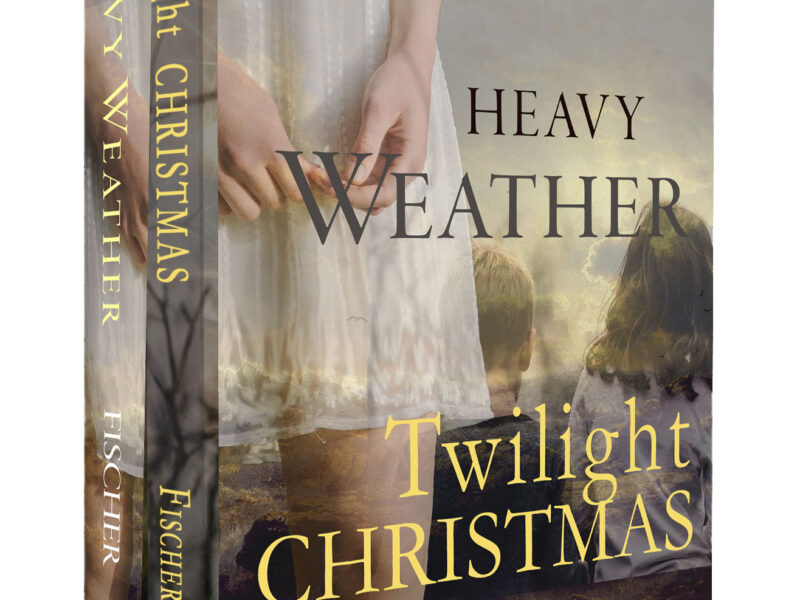Here is some lovely writing that I found in One More River by John Galsworthy (Charles Scribner’s Sons, NY,1970, pp 264-265):
…By love was man flung into the world; with love was he in business nearly all his days making debts or profit; and when he died was by the results of love, if not by the parish, buried and forgotten. In this swarming London not a creature but was deeply in account with a Force so whimsical, inexorable, and strong that none, man or woman, in their proper sense, would choose to do business with it…. All his other activities man could insure, modify, foresee, provide against (save the inconvenient activity of death); love he could not. It stepped to him out of the night, into the night returned. It stayed, it fled. On one side or the other of the balance sheet it scored an entry, leaving him to cast up and wait for the next entry. It mocked dictators, parliaments, judges, bishops, police, and even good intentions; it murdered; was devoted, faithful, fickle. It had no shame, and owned no master; built homes and gutted them; passed by on the other side; and now and again made of two hearts one heart till death. To think of London, Manchester, Glasgow, without love appeared to Adrian, walking up the Charing Cross Road, to be easy; and yet without love not one of these passing citizens would be sniffing the petrol of this night air, not one girmy brick would have been laid upon brick, not one bus be droning past, no street musician would wail, nor lamp light up the firmament. A somewhat primary concern! And he, whose primary concern was with the bones of ancient men, who but for love would have had no bones to be dug up, classified and kept under glass, thought of Dornford and Dinny, and whether they would ‘click’…
And here, from page 276:
…There was, indeed, to Dinny something really restful and reassuring in those long lazing minutes, when she need not talk, but just take summer in at every pore–its scent, and hum, and quiet movement, the careless and untroubled hovering of its green spirit, the vague sway of the bulrushes, and the clucking of the water, and always that distant calling of the wood pigeons from far trees. She was finding, indeed, the truth of Clare’s words, that he could ‘let one’s mouth alone.’
I am so sorry to have finished reading this. But there will be others. Until then…
